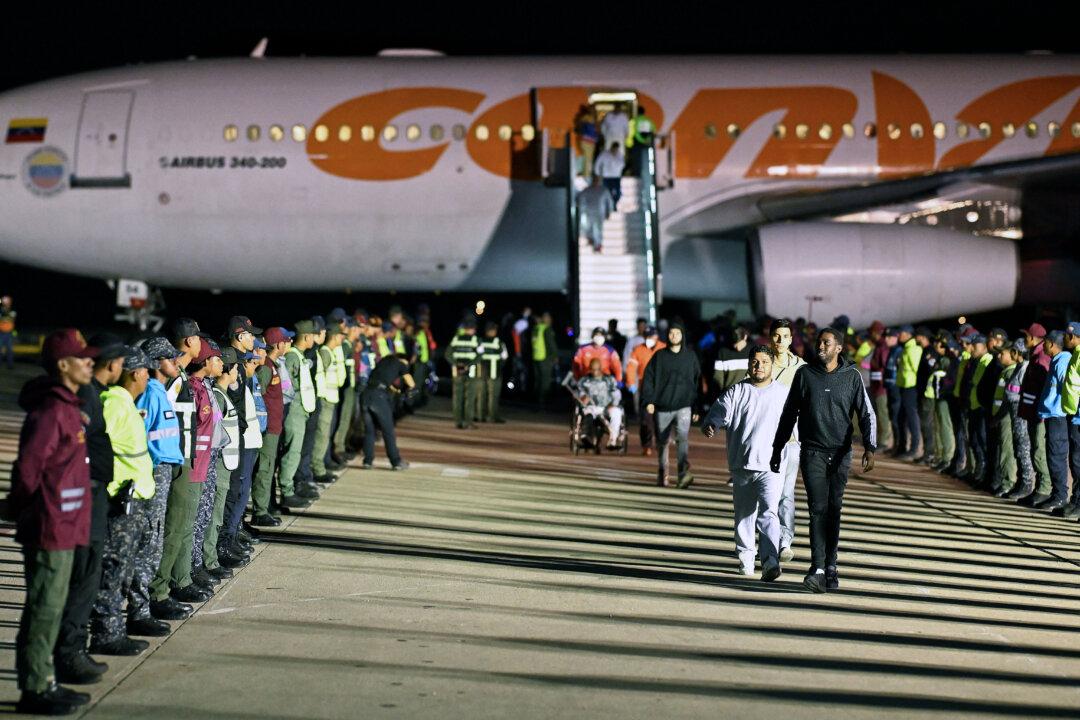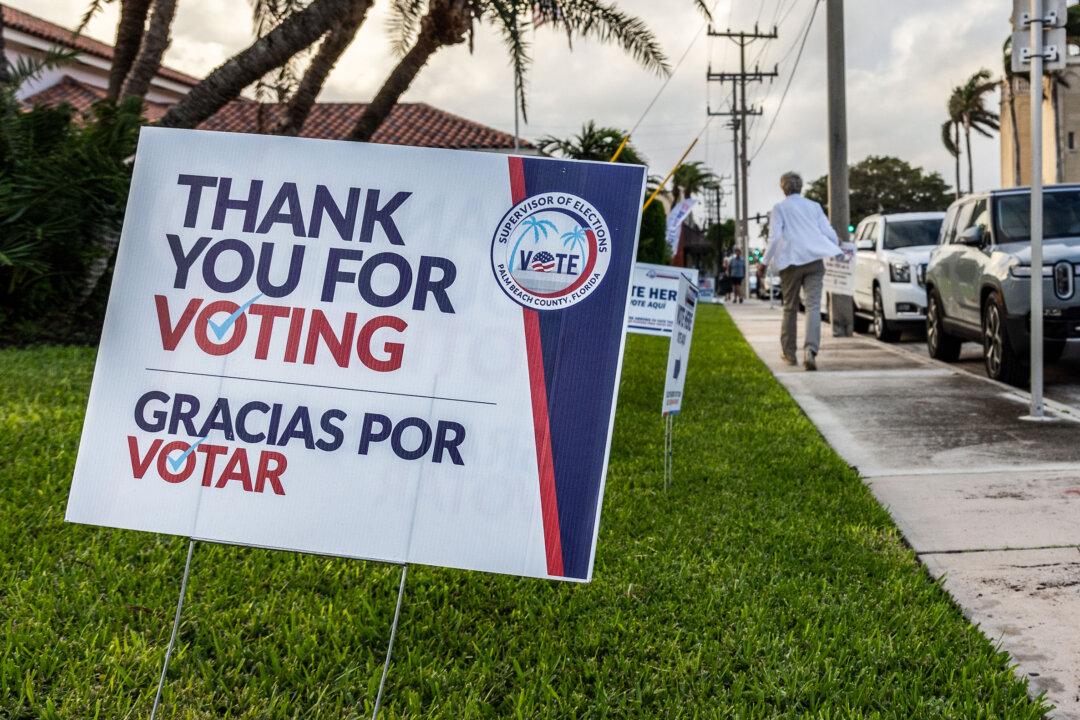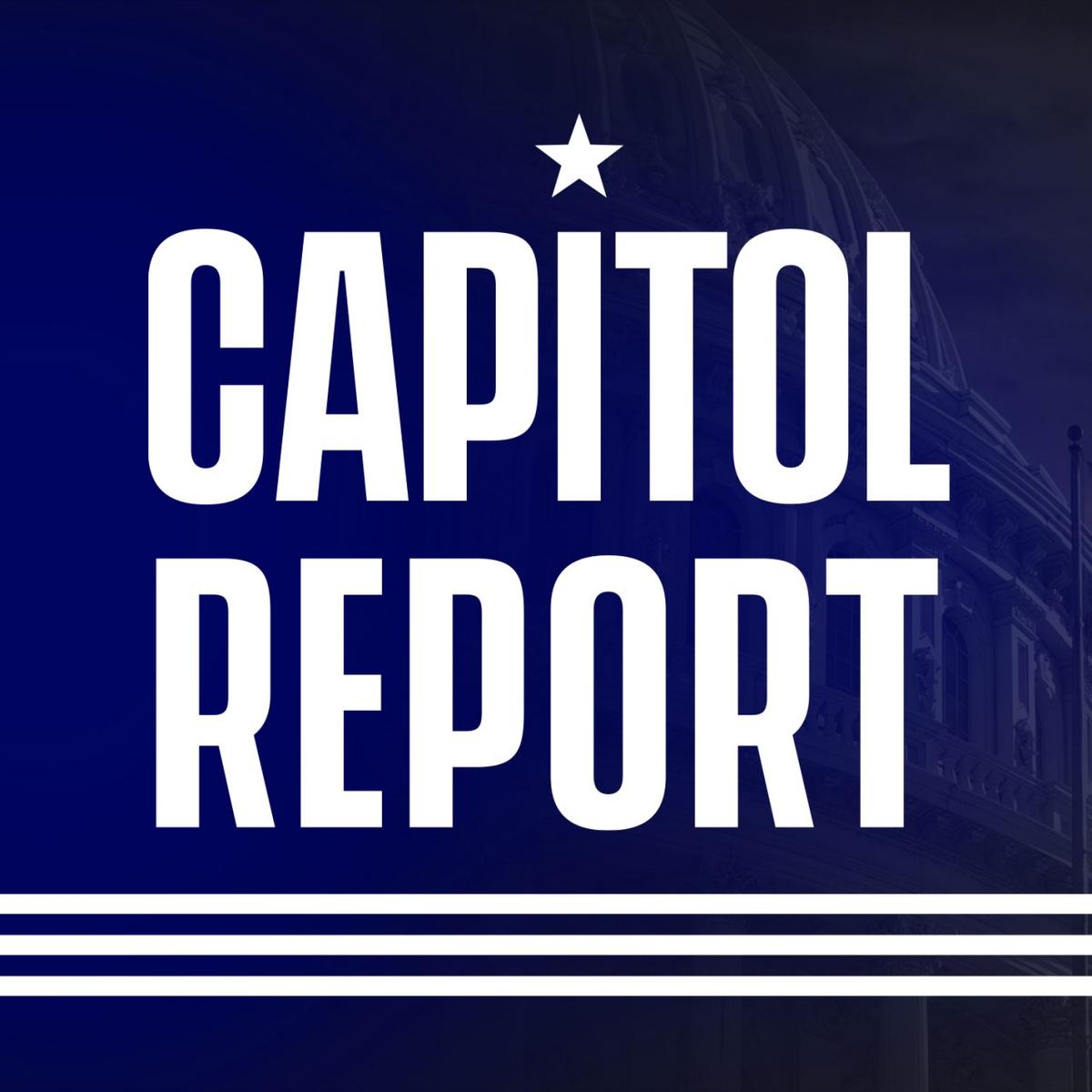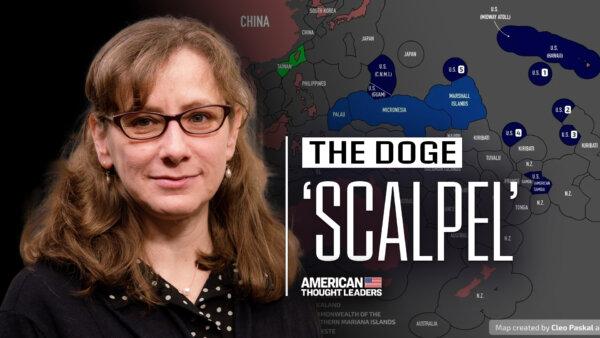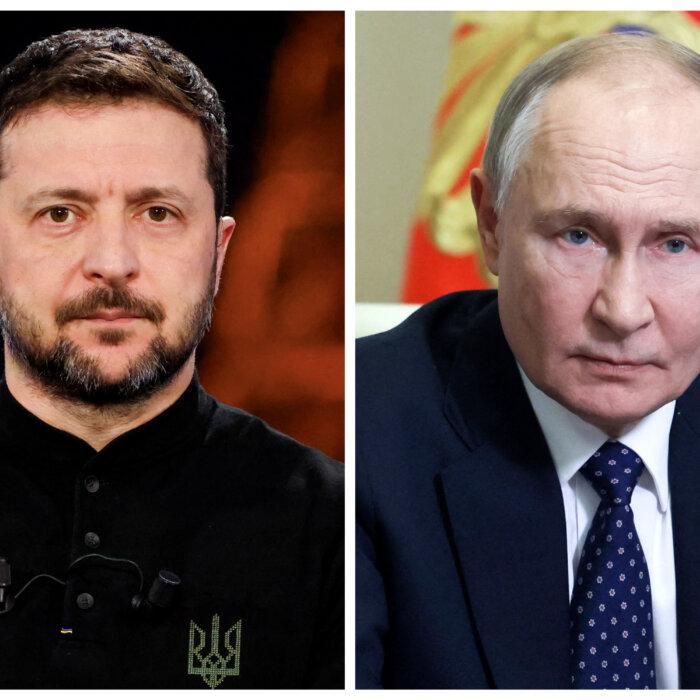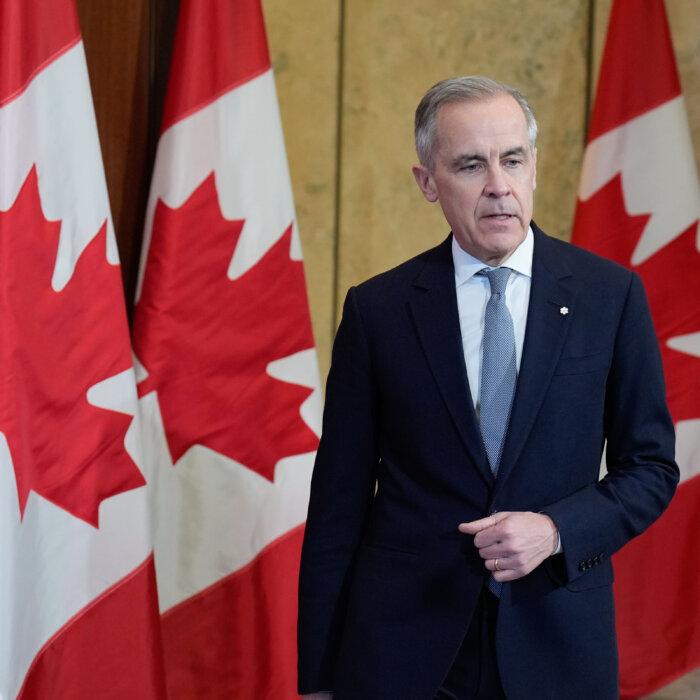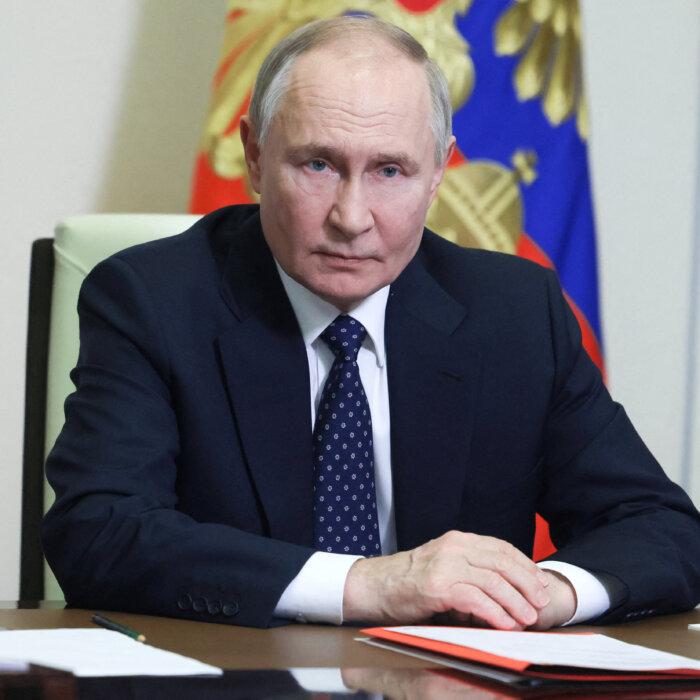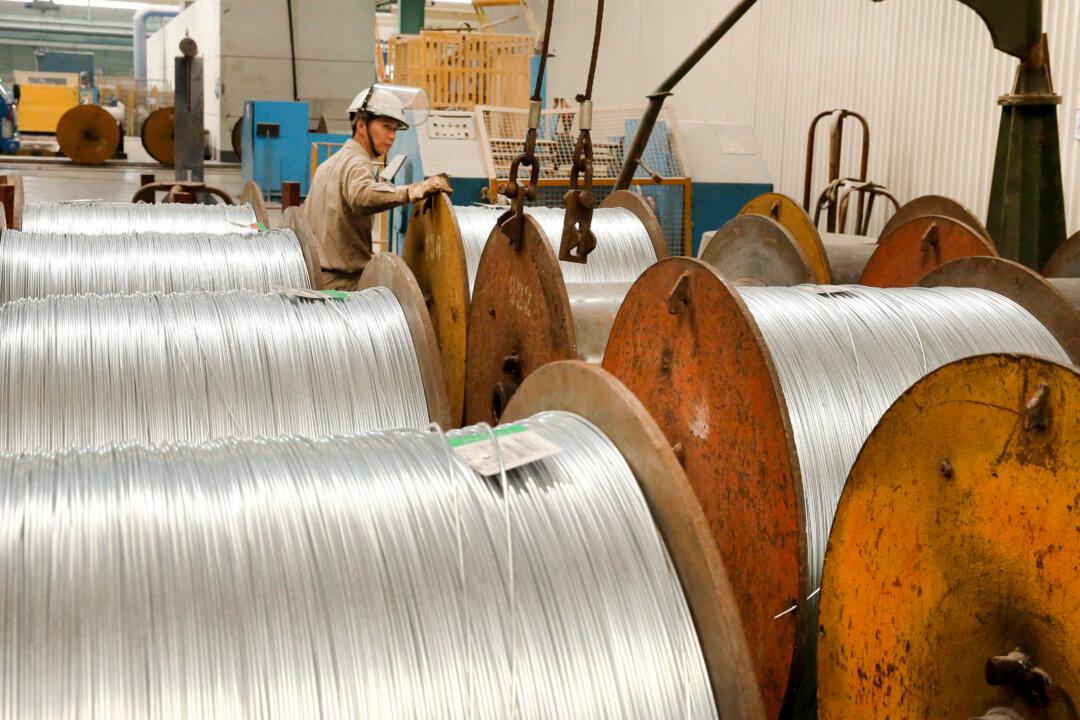Trump Issues Another Stern Warning to Iran, Eases Tone on Putin
The president said he would give Tehran a couple of weeks to show progress on a nuclear program deal.
How to End the War in Gaza: Netanyahu Adviser Caroline Glick
Glick is a journalist, author, and recently, adviser to Israeli Prime Minister Benjamin Netanyahu. She breaks down developments in the Middle East.
Pastor Gennadiy Mokhnenko on Helping Soldiers Find Faith on the Frontlines of the Russia–Ukraine Conflict
The conflict between Russia and Ukraine has dominated the headlines, but what we don’t hear much about are those people who are involved on the front lines.

Defying Smartphone Culture, Parents Aim to Restore Childhood
By limiting the use of digital devices among their children, intentional parents cultivate ‘habits of attention’ and deep, meaningful bonds.

10 Things to Do in the Evening Besides Scrolling on Your Phone
Without a plan, a phone can easily fill these hours.

Views From the Mountaintop: Some Poetry on Aging
The old and the older can learn a good deal from poems.
Most Read
Top Stories
Musk Mobilizes Support for Wisconsin Judicial Contest
Musk has drawn criticism for what some see as an attempt to buy an election in which more than $80 million has already been spent.
State’s Bid to Cut Medicaid Funding to Planned Parenthood Hits Supreme Court
The court’s ruling could deal a blow to the abortion provider or widespread efforts to strip its government funding.
Antitrust Policy Under New FTC Chair Looks Similar to Biden Administration, Analysts Say
‘It is hard to believe that this is what President Trump wants,’ said Robert Bork Jr., president of the Antitrust Education Project.
Day in Photos: Earthquake in Burma, Farmers’ Protest, and a Mud Bath Tradition
A look into the world through the lens of photography.
Why Eggs Are Cheaper in Mexico and Canada
Highly pathogenic bird flu is present in Canada, and continues to crop up in Mexico, but both countries have different approaches.
Trump Says He Is ‘Not Joking’ About Running for 3rd Presidential Term
‘A lot of people want me to do it,’ the president said.
Top FDA Vaccine Official Peter Marks Resigns From Agency
The official was involved in the pandemic-era Operation Warp Speed to produce COVID-19 vaccines.
As Wisconsinites Vote Early, Anti-Musk Protesters Seek Victory in Supreme Court Election
Musk is traveling to the battleground state ahead of the April 1 election, which pits Republican-backed Brad Schimel against Democrat-backed Susan Crawford.
Musk Hands Out $1 Million Checks After Wisconsin Supreme Court Refuses to Block Payments
An emergency filing to block the payments was made on Sunday as the hotly contested Wisconsin Supreme Court election is scheduled for April 1.
Shen Yun Opens Chinese Culture to America, Says Wealth Manager
Luis Guzman thought it was great that Shen Yun Performing Arts was able to open up the Chinese culture to the world.
Over 1,500 Shen Yun Performers and Family Members Call for Investigation of CCP Influence Targeting the Arts Group
The CCP in recent years has stepped up its sabotage campaign against the performing arts company, representatives said at a Lincoln Center press conference.
Trump Threatens Iran With Bombing, Secondary Tariffs If It Fails to Make Nuclear Deal
Iranian President Masoud Pezeshkian earlier said the Islamic regime is declining direct negotiations with the United States over its fast-track nuclear program.
Trump Threatens Secondary Tariffs on Russian Oil If Ukraine Cease-Fire Fails
The president said he‘d impose sanctions ’if Russia and I are unable to make a deal on stopping the bloodshed in Ukraine, and if I think it was Russia’s fault.’
University of Minnesota Says ICE Detained International Graduate Student
ICE hasn’t said why it detained the student, and the agency did not immediately respond to a request for comment.
From Restless to Relentless: 6 Exercises to Help Minimize Aimless Anxiety
Intermittent, unexplained anxiety can affect us all. These exercises can help you work past it and move back into greater peacefulness.
Ear Infections: A Common Cause of Ear Pain With Clear Warning Signs
Approximately 80 percent of children will have a middle ear infection at some point in their lives.
Tracking Trump’s High Level Appointments, Senate Confirmations
The Senate is undertaking the confirmation process for the president’s new administration.
Trump Says He Won’t Fire Anyone Over Signal Chat Group Leak
‘I don’t fire people because of fake news and because of witch hunts,’ Trump said.
Trump Says ‘Couldn’t Care Less’ If Foreign Auto Makers Raise Prices Due to Tariffs
‘If you make your car in the United States, you’re going to make a lot of money,’ he said.
Aristotle’s Curriculum: 4 Subjects That Build Character
According to one of history’s most well-known philosophers, young people need to be instructed in only four subjects to prepare them for a well-lived life.
Special Coverage
Special Coverage








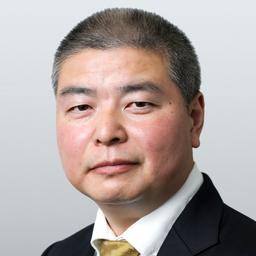




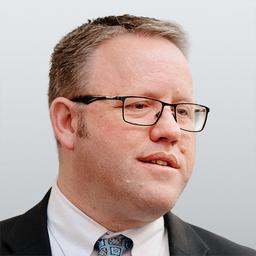



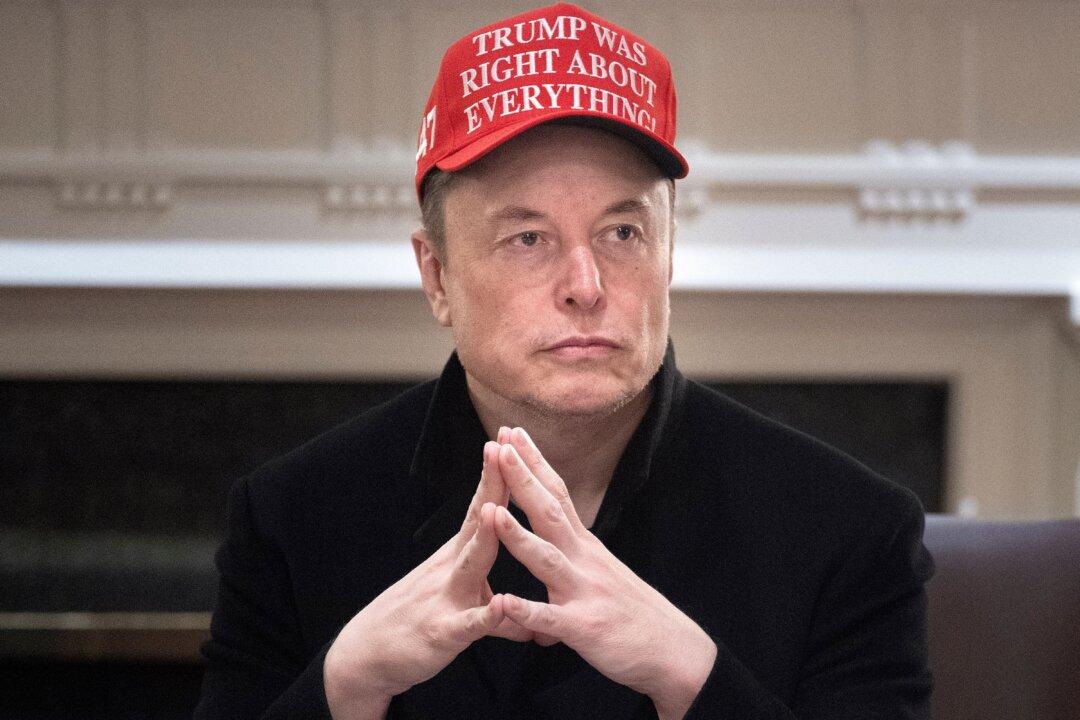










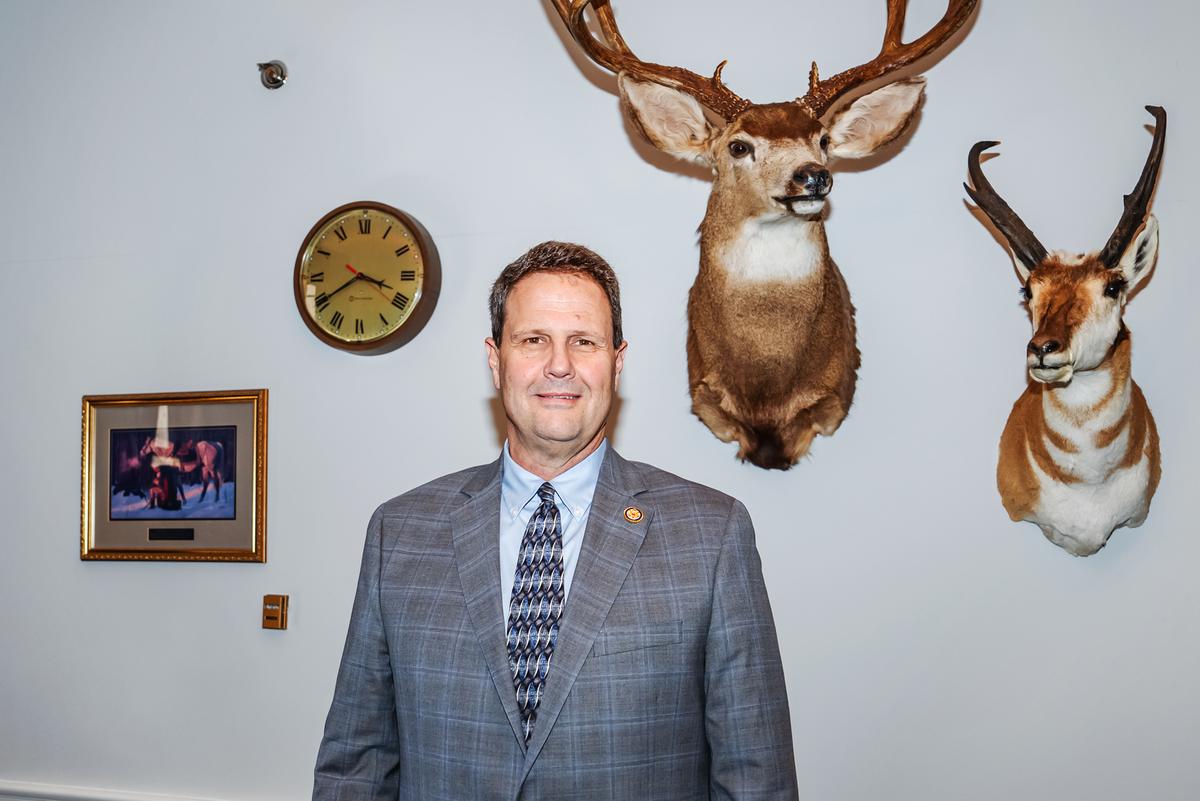



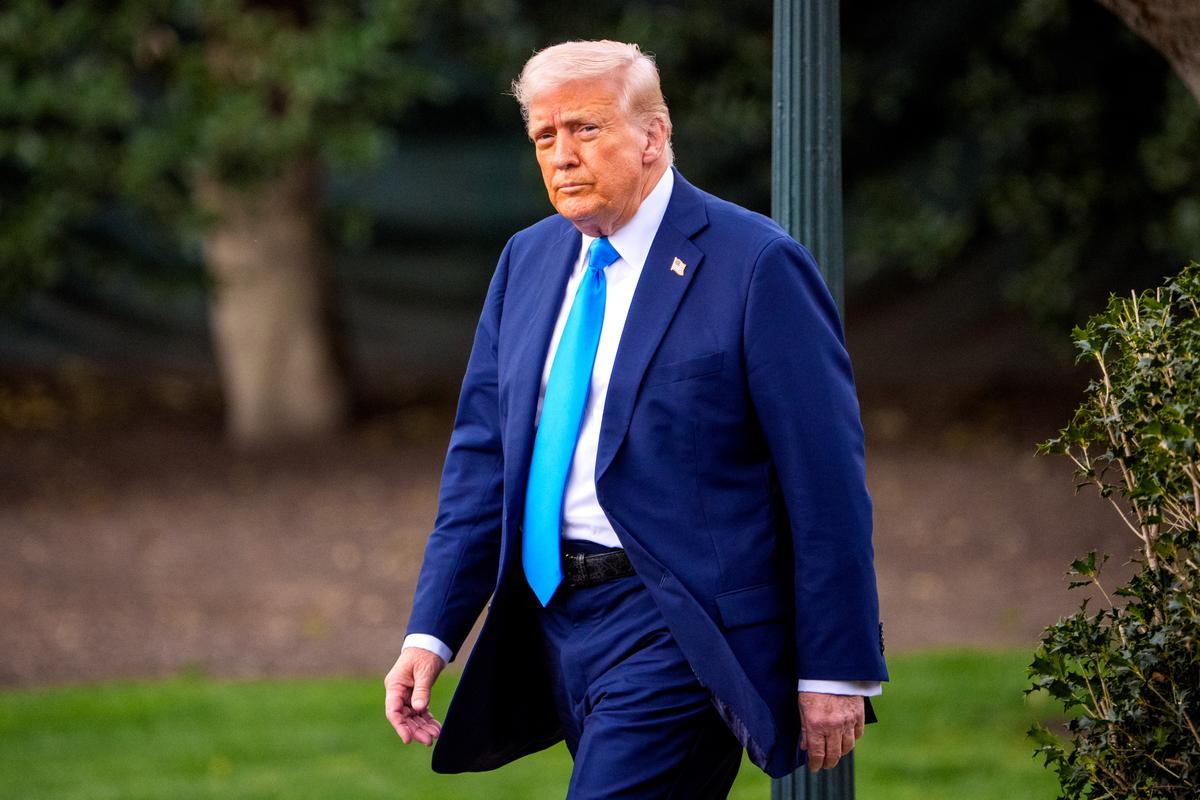



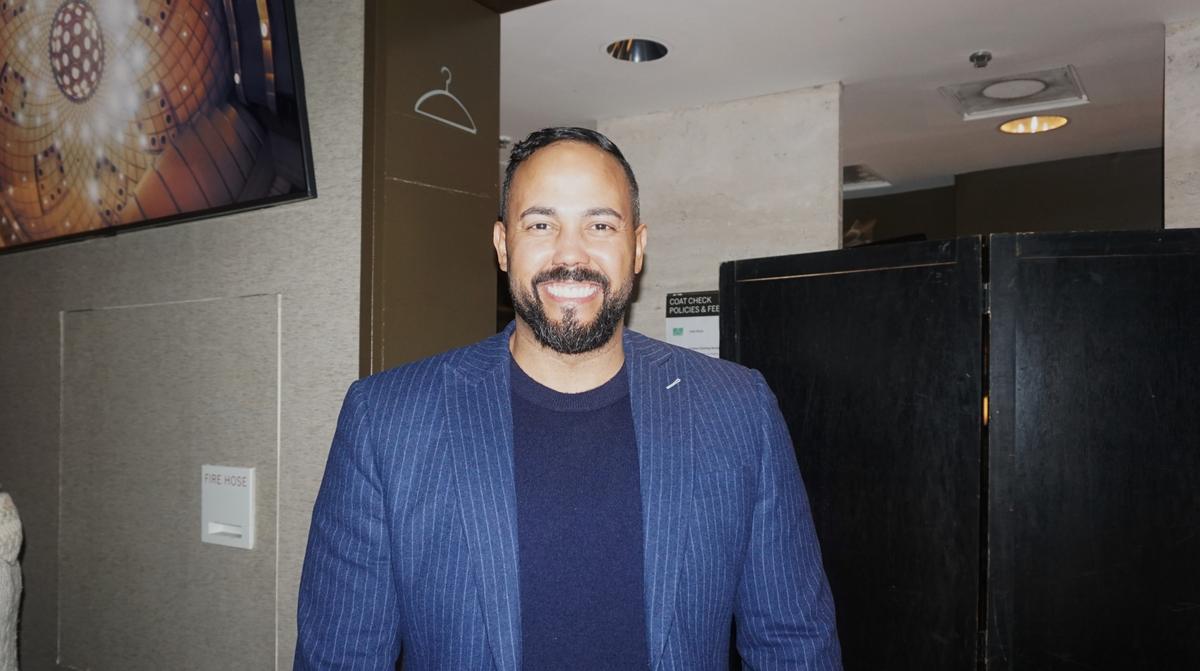




















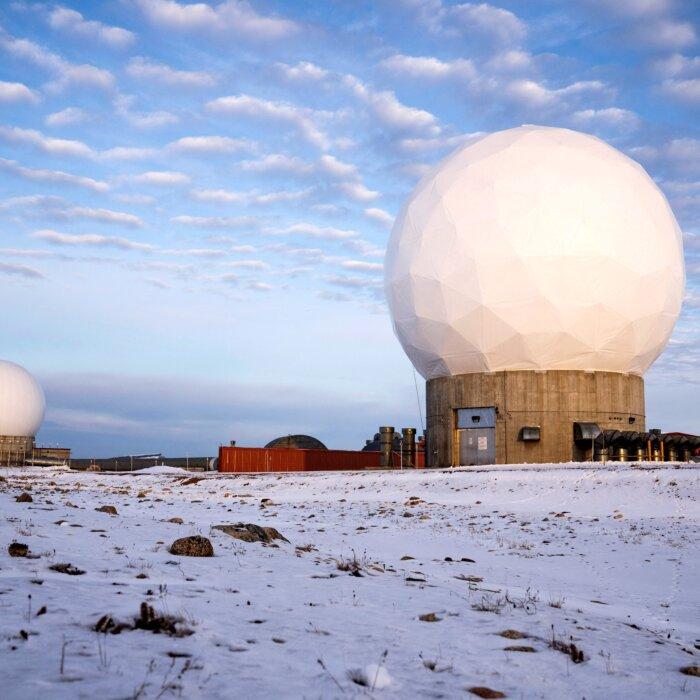


![[LIVE Q&A 03/30 at 10:30AM ET] Border Czar Challenges Sanctuary City; White House Declares ‘MAGA Madness’ | Live With Jos](https://www.theepochtimes.com/_next/image?url=https%3A%2F%2Fimg.theepochtimes.com%2Fassets%2Fuploads%2F2025%2F03%2F30%2Fid5834031-033125_REC-600x338.jpg&w=1200&q=75)



